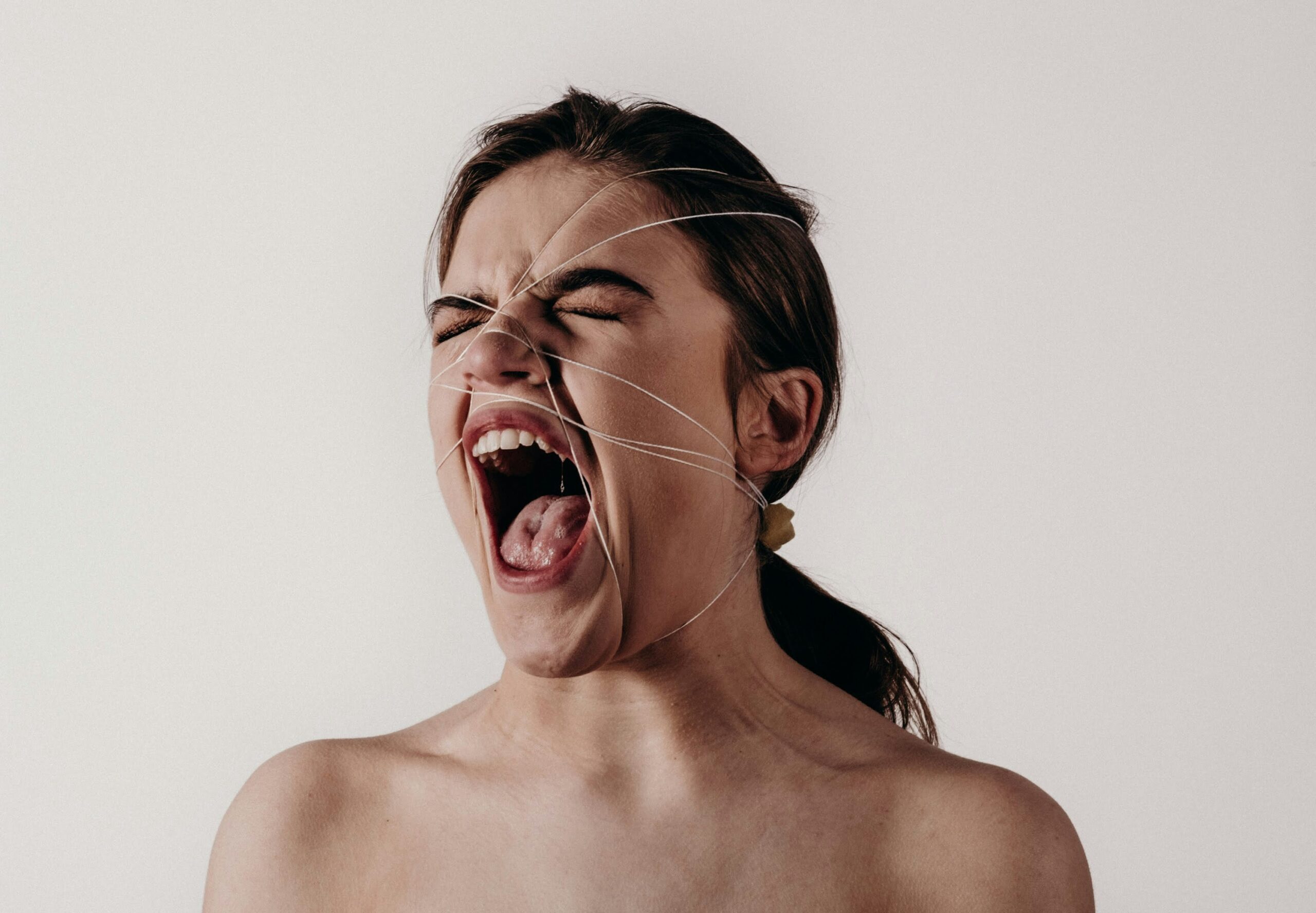
Why do nice people choose the wrong people to love?
Good people, bad choices.
This isn’t a coincidence. It’s not bad luck.
And no, it’s not that “nice people finish last.”
It’s about a complex, twisted game of desires, emotions, vulnerability and patterns we don’t even realise we’re repeating.
Attraction isn’t just about how someone looks, what they say, or even how they treat you in the beginning. Attraction is often subconscious.
It pulls from the earliest relationships we’ve had, mainly with our parents.
“We are never so defenceless against suffering as when we love.” — Freud
In many ways, love brings our deepest wounds to the surface. And sometimes, we unconsciously seek out people who reflect those wounds back to us.
If you are a nice person, you probably have an anxious attachment style. You crave closeness but are drawn to avoidant partners who fear intimacy. This dynamic becomes a painful cycle:
- The anxious partner pursues.
- The avoidant partner distances.
- The nice person tries harder, believing love must be earned.
This doesn’t mean the nice person is flawed.
It means your emotional radar has been tuned to confusion instead of clarity, unpredictability instead of peace.
I once had a client whose father was emotionally distant and critical. Unconsciously, she might find herself repeatedly drawn to partners who withhold affection or subtly belittle her achievements.
Her unconscious mind told her, “This is familiar. If I can just make this person love me unconditionally, it will heal the old wound of my father’s rejection.”
Same old story, new actor.
Freud called it the “repetition compulsion”.
It means that we recreate unresolved conflicts and dynamics from our early relationships with parents or caregivers.
It’s not machismo, but simply our desperate, unconscious attempt to master the pain, to finally get it ‘right’.
The Nice Person Trap
For some of us, we have this deep empathy and desire to fix things. It’s kind of a compulsion. We see the ‘potential’, the ‘hurt child’ within the toxic
partner, and pour our kindness into that perceived void, hoping this time our love will be the magic cure.
We confuse familiarity with safety.
Our Inner Child Chooses First
“Until you make the unconscious conscious, it will direct your life and you will call it fate.” — Carl Jung
Many nice people carry a deep desire to fix, heal, or be needed. This comes from childhood roles — being the caretaker, the peacekeeper, or the one who kept the emotional balance in a messed-up environment.
When someone who is emotionally unavailable or chaotic enters the picture, it feels oddly familiar.
Our adult self may see red flags, but the inner child says, “Ah, here’s someone I can finally get love from, someone just like the ones who didn’t love me.”
The ‘wrong’ partner acts out the qualities of the ‘nice’ partner. It creates intense chemistry(“oppoisites attract”) but also is deeply unstable.
The nice person remains trapped in their one-dimensional goodness, mistaking this toxic dynamic for passion and depth.
Do you have the Saviour Complex?
There is one common trait in most kind people.
The desire to rescue.
It’s either shaped through trauma or learned through early family dynamics, the idea that…
Love = Sacrifice.
Erich Fromm, a psychoanalyst, wrote in his book The Art of Loving:
Immature love says: ‘I love you because I need you.’
Mature love says: ‘I need you because I love you.’
Nice people often love immaturely, not because they are immature, but because they are unconsciously trying to heal through others.
They believe their worth will be validated and affirmed if they can be loved by someone ‘hard to love’.
But love is not a performance. It’s a relationship.
And nice people deserve reciprocity, not just responsibility.
I know that falling for the wrong person can feel addictive.
The inconsistent affection triggers a dopamine response, and our brain mistakes unpredictability for excitement.
This means that even if you know someone is wrong for you, your brain may be hooked on the hope of change. Isn’t that funny and ironic?
You Deserve Love That Loves You Back
Choosing the ‘wrong’ partner isn’t a sign of weakness or stupidity. It’s mostly evidence that you, as a nice person, are hopeful.
You just need to wake up to your patterns. Don’t shame them, change them.
As a nice person, you need to understand your attachment wounds and consciously break free from the repetition compulsion.
You need to choose better.


